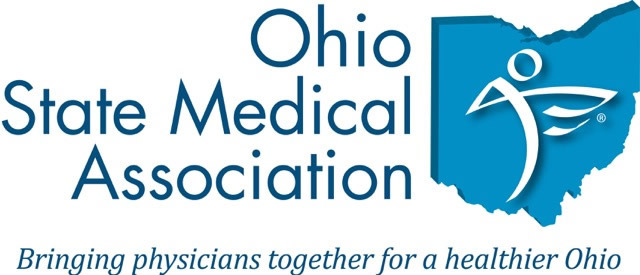Complete Story
06/18/2025
SCOTUS Kicks Regulation of Gender-Affirming Care for Minors to States
The U.S. Supreme Court (SCOTUS), in United States v. Skrmetti, has upheld Tennessee’s 2023 law banning puberty blockers and hormone therapies for transgender minors in a 6–3 decision, ruling it constitutional under the Equal Protection Clause.
SCOTUS determined that the law is constitutional because it distinguishes based on age and medical use—not sex, which is protected by the Equal Protection Clause—and therefore does not violate constitutional protections. Justices Sotomayor, Jackson, and Kagan dissented.
This ruling effectively affirms that states may regulate in this area, such as through Ohio’s recently enacted House Bill 68.
OSMA has been closely monitoring the legal challenge to a similar Ohio law, which passed over Governor DeWine’s veto. In Moe v. Yost, the State of Ohio has asked the Ohio Supreme Court to uphold the law, which bans gender-affirming care for minors (i.e., the prescription of puberty blockers and hormone therapy), and to reverse the lower court’s decision blocking its implementation. The Tenth District Court of Appeals had found the law violated the Ohio Constitution’s Health Care Freedom Amendment and interfered with parental rights to seek appropriate medical care for their children.
To recap, HB 68 passed the Ohio Legislature in mid-December 2023. Governor DeWine vetoed the bill on December 29, citing discussions with families of transgender youth, along with serious concerns expressed by the medical community. OSMA and a coalition of dozens of medical organizations and hospitals urged the governor to veto the bill. These groups had previously testified and advocated against the legislation during its progression through the Legislature.
We now await the Ohio Supreme Court’s decision on whether it will accept jurisdiction over the case. The Court has temporarily stayed the lower court’s ruling that declared the law unconstitutional, pending final resolution. This means that, for now, the law’s provisions prohibiting the use of puberty blockers and hormone therapy for gender-affirming care in minors are enforceable.
In light of the Supreme Court’s ruling in Skrmetti, which indicates that state-level restrictions on gender-affirming care for minors may be upheld under constitutional review, the outcome of Moe v. Yost will be important in determining how Ohio’s courts interpret similar issues under state law. The decision could provide further guidance on how lower courts balance constitutional protections, parental rights, and state authority in regulating medical care for minors.
OSMA will continue to closely monitor this case and once a jurisdictional decision has been made, determine any actions necessary to protects physicians and patients across Ohio.
